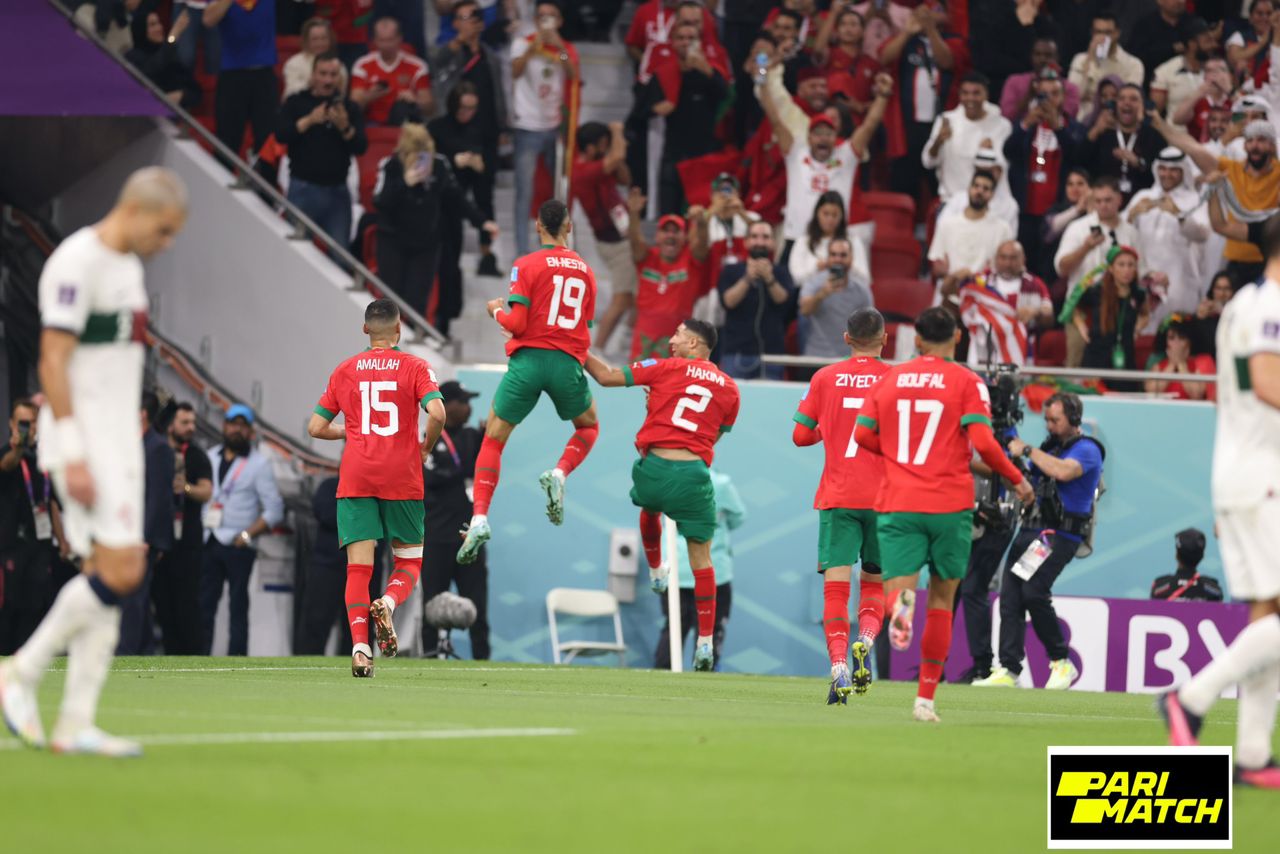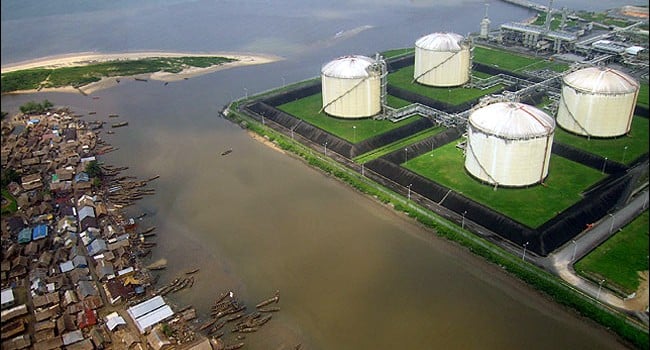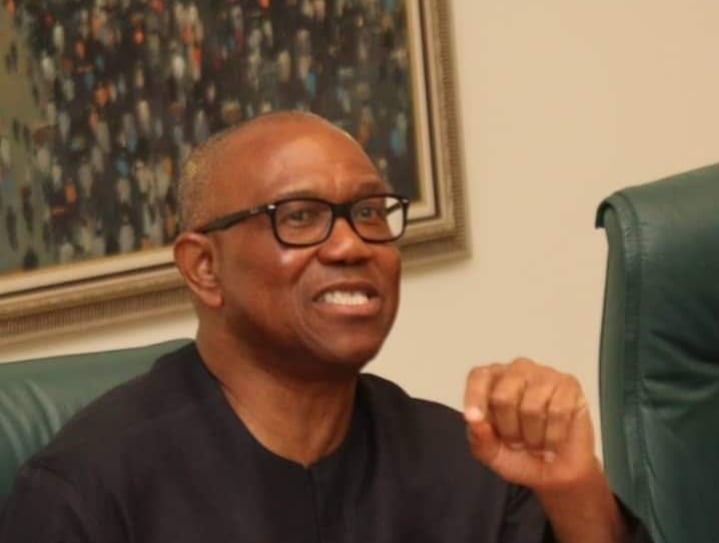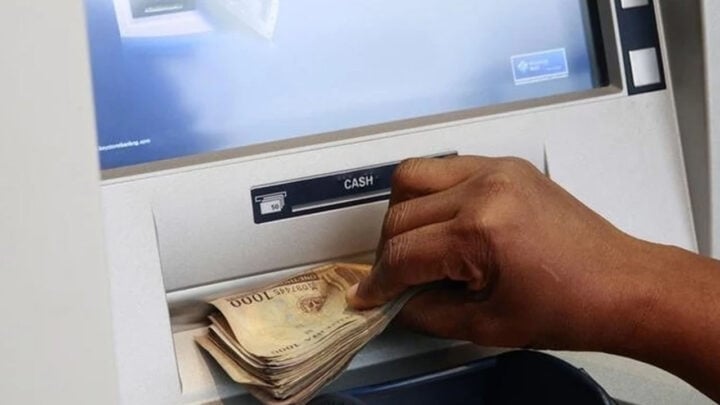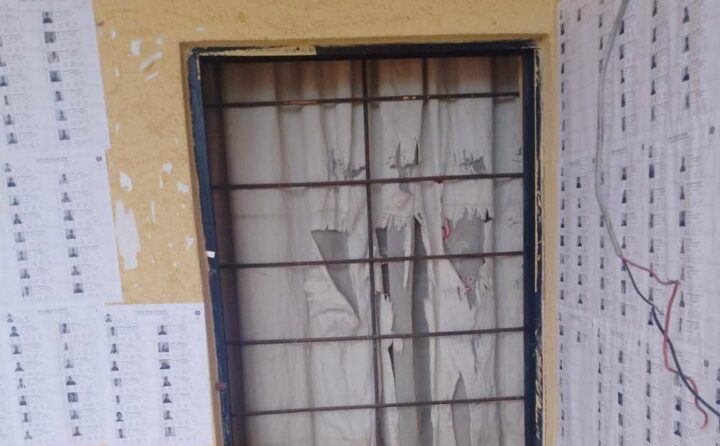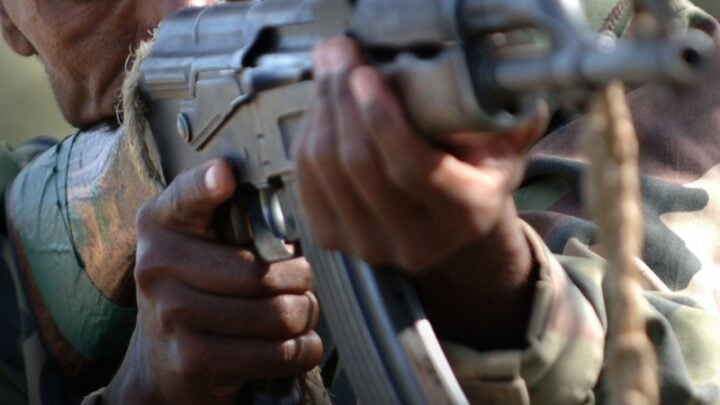Morocco beat Portugal to become first African nation in World Cup semis
Photo credit: Pooja Media
BY SAM O’FEMI FASETIRE
The Atlas Lions of Morocco could not pull off the ultimate record of a place in the final of the 2022 FIFA World Cup in Qatar, but that does not take away the fact that they reached a height that had never been reached before by an African nation.
Getting to the semi-finals of The Mundial was an unprecedented feat that left other African nations (especially Nigerians) proud and envious at the same time.
Proud we all are that a fellow-African country had achieved a mark previously thought to be beyond the continent’s ability, but envious are we that it was not our dear Super Eagles under the spotlight.
Advertisement
Why Morocco, why not Nigeria? Are we not ranked higher than them in the FIFA monthly ratings? Don’t we have a better head-to-head record in past matches against them? Are our players not valued better than theirs? Don’t we have higher overall and individual statistics than them?
Why then have The Atlas Lions achieved what the Super Eagles have not been able to get close to in six appearances at the World Cup? We are still struggling to reach the quarter-finals and could not even qualify for this year’s edition, only for Maroc to step out of the blue into football’s history book. And that’s where we need to start thinking deeper than ever, as we return to the proverbial drawing board for the umpteenth time.
Yes, Morocco’s heroics at Qatar 2022 should make administrators, officials, coaches, players and fans of Nigerian football enter strenuous regurgitations and take more effective approaches to circumspect retrospection aimed at charting a better future for our nation in the round leather game.
Advertisement
Truth be told, Maroc’s massive leap forward in The Middle East came at a point the Super Eagles dropped to their lowest ebb in terms of outlook, structure, mentality, results, efficacy and impact – as signified in their 4-0 lame duck loss to Portugal few days to the kick-off for hostilities in Doha.
So ironic it was that Morocco took the same Portugal to the cleaners with a 1-0 spanking of Cristiano Ronaldo’s squad during the quarter-finals of Qatar 2022; thereby leaving more poignant and cogent questions to be answered about the current quality of our (hapless) Eagles.
Sadly, unlike in 2006, when then chairman of Nigeria Football Federation (NFF), Alhaji Ibrahim Galadima was severally pilloried, lampooned and hounded out of office for daring to say the World Cup is not the Super Eagles birth right, our administrators took the team’s latest failure with a pinch of salt (like one of those normal things).
The pinch, though, became palpable in a piercing dimension when Morocco ruffled many feathers in the Middle East, setting fresh standard for Africa, the Arab world and all countries that are literally still developing among the comity of football playing giants. Now we have to start answering the question: What has Morocco done that we have not done to deserve such heroics?
Advertisement
Unfortunately, the way this writer sees it, the paradox of it all is that Nigeria has done almost everything that the Moroccans embarked upon en route to their days of glory in Qatar. That, to many critics and cynics is a moot point, but they might start agreeing with me after going through the following points.
First and foremost, just as they had 14 players born outside their country starring for them at Qatar 2022, the Super Eagles boast of at least 15 such diaspora lads that have donned Nigeria’s colours after committing their international future to their parents’ country instead of their nation of birth, which they played for at youth level.
Step out to be counted in the current dispensation – Maduka Okoye, Bright Osayi, Tyronne Ebuehi, Calvin Bassey, Ola Aina, William Troost-Ekong, Leon Balogun, Kevin Akpoguma, Cyriel Dessers, Ademola Lookman and Joe Aribo (all born abroad) as well as Alex Iwobi (born in Nigeria but groomed in England).
From the recent past are Efe Sodje, Sam Sodje, Shola Ameobi, Danny Shittu, Victor Moses, Bright Dike and Bryan Idowu, all of who had varying levels out appearances with the Eagles over the years; plus some that got a game or two but did not scale the hurdle for more (a la Richard Ehiziogbe et al).
Advertisement
So, the piercing question arises: Why has the strategy of sprinkling the national team with diaspora players not worked for Nigeria as it has done for Morocco? Just as we have done, they stopped relying on home grown talent from the local league and placed so much trust on lads born abroad.
Conversely, as we did with Augustine Eguavoen for the last Africa Cup of Nations, they put their trust in an indigenous coach for Qatar 2022 and he rewarded them handsomely. Someone said he achieved because has was also born abroad, but we wonder why someone like Paul Aigbogun (who was born in England) has not succeeded as a youth national team coach with Nigeria.
Advertisement
All these facts buttress the point that there is nothing Morocco did heading into Qatar 2022 that Nigeria has not done over the years. That includes upgrading infrastructure, developing grassroots pitches, organising national youth football competitions and giving coaches refresher courses. While Morocco have gained dividends from similar steps, the opposite is happening with Nigeria. Why?
At this point, I begin to finger some possible answers, which, though might not be directly related to the national team, have a rub-off effect (and aura) that spells progress or otherwise for the entire football fabric of a country.
Advertisement
They have a better local league, more adequate funding, lesser levels of suspicion in the football federation, effective corporate involvement, stronger spirit of nationalism among the players and tighter sense of unity among the country’s citizens.
The national team surely does not rely directly on all these but, when it boils down to followership and backing across all levels (structurally, emotionally, spiritually, financially and administratively) we see variations in what Morocco has and what Nigeria lacks.
Advertisement
That is why the influx of corporate support and government financing of the game are not having the expected effects that should drive the Super Eagles forward. Mass exodus of the Nigerian league’s best players overseas has not brought any attendant gains for the national team and successes recorded at the FIFA U-17 World Cup are not rubbing off extensively on the senior squad. Why?
Plausible answers in this regard should commence from the understanding that success for the national team goes beyond cosmetic effect and propaganda via social media. It goes beyond excessive reliance on government funding, hijacked corporate backing, incidents of ambush marketing, presence of loudmouthed administrators, widespread whimsical media coverage and over-reliance on flamboyant yet ineffective players. All of which we are guilty of in this country.
Yes, we need to look at issues that are often overlooked in the search for good results on the football pitch. We lack what Morocco has in terms of national unity, common language, centralised religion, spirit of nationalism, determination to excel, well-grounded economy and integrity of administrators. All these lay ground for the acquisition of positives and variables that yield great results on the football pitch. They also bring about unexpected yet highly essential advantages and trappings that are often overlooked but remain cogent in the search for glory – among which is The X-Factor.
In contrast with far-reaching diversity, divisiveness and the mentality of cutting corners that bedevil various aspects of Nigeria’s structure, Moroccans are propelled by the power of unity, the might on one religion (Islam), a common language (Arabic), collective zeal for the nation, the passion to excel, stronger economic base and close proximity with Europe.
In effect, for Nigeria to follow Morocco as the next African country to shock the world of football, we need to look beyond face value and start upholding factors that are not directly related to technicalities of winning matches.
At the same time, we need to improve the quantity and level of remuneration that our players get while on national team duty, and ensure that they are paid as at when due, without any deductions and no squabbles attached.
We need to check the mentality, depth, quality and commitment of or players, while also working towards the maintenance of total unity among them, within the corridors of football administration, across all facets of stakeholders and through the rank and file of our coaches, in order to ensure an end to pull him down syndrome (PHD).
To achieve all these, we need to redirect our players, not just for victory and avoidance of injuries on the field, but more towards the emergence of true unity across our nation, so that our administrators, coaches, officials and players can work together as one and that their fans can chant with a common voice – all of which we currently lack.
We need also to pray for better economic trappings in our country. How many of our football fans can travel in droves to cheer the Super Eagles to success wherever they play? How many fans can chip in a naira or two to back the squad at short notice? Are the fans even united with a common goal? Don’t we prefer players from one region of the country or the other to don the national colours? All these are questions begging for answers.
These are factors that stand Morocco out, which Nigeria does not have. They have one major religion, speak one common language, they show deeper degrees of patriotism and they are more dedicated to perfection … qualities that Nigerians need to improve on. If issues of economy, unity, religion, language, tribe, culture and security cannot be tackled decisively and expunged from the nation, the Super Eagles will not achieve what the Atlas Lions got in Qatar.
Fasetire is a Lagos-based veteran journalist
